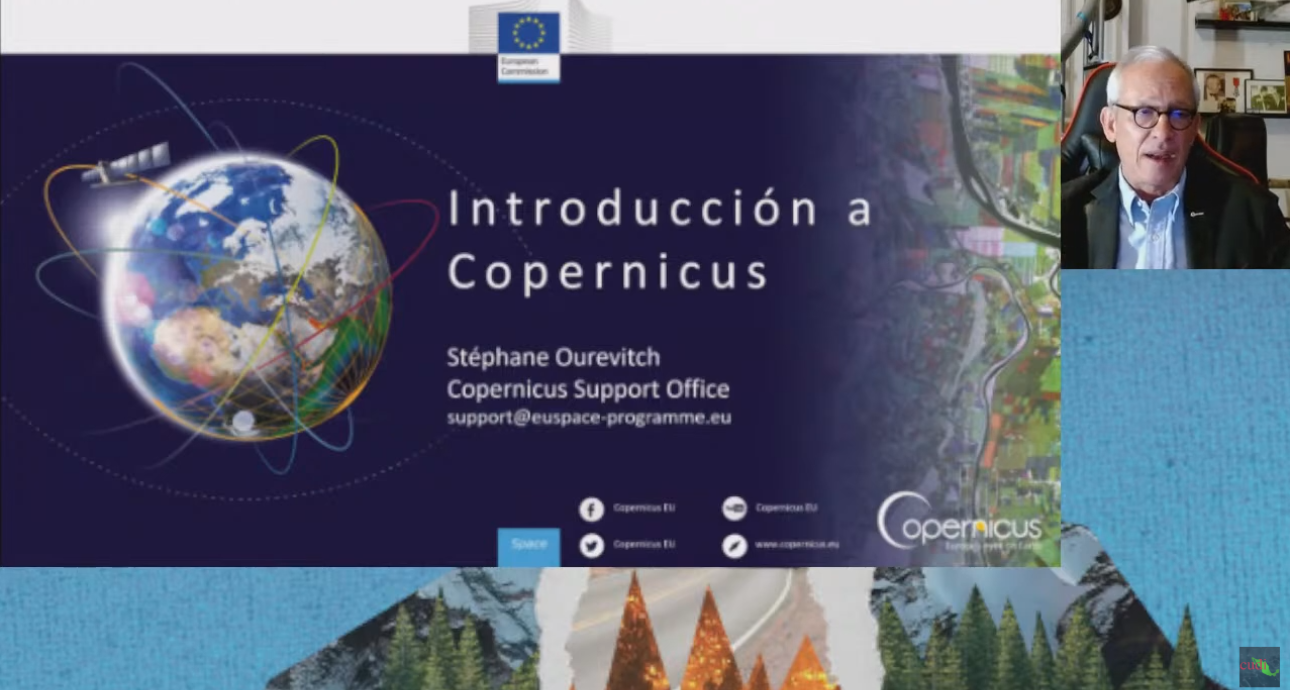The challenges and opportunities for Latin American academia in the face of increasingly frequent threats of cyber-attacks was the central theme of the participation of RedCLARA's Services Manager, Carlos Gonzalez, at the First Cybersecurity Conference of the University of Queretaro, Mexico, on February 21.
In his presentation, "Collaboration Strategies to Strengthen Cybersecurity," González highlighted the role of universities, higher education institutions, and national research and education networks working together to address the many challenges associated with the issue. "Our region faces similar challenges: the scarcity of human and financial resources, the lack of common standards, guidelines, and policies, and the need for training. From our experience in RedCLARA, we see that collaboration between the different actors in the academic sector is the key to mitigating many of these problems," he explained.
In this context, the Service Manager shared some successful experiences of advanced network members of RedCLARA and their affiliated institutions, such as the successful Information Technology Security Incident Response Centers (CSIRT) and the Cybersecurity Group of the Latin American NRENs, as well as the experience of the Vice Rectorate of Information Technology of the University of Chile, which has developed scripts to perform assessments and identify potential security vulnerabilities in its internal systems and has shared them with other institutions in the region through collaborative networks. "We need to give back to the community what the community has done for us. We are all benefited from it, so we have to benefit from it," he stressed.
He also emphasized the importance of developing patterns for the entire region. "Our institutions have common characteristics and by working together we can establish security requirements that are also common. In Europe, they already doing this and we want to replicate this experience here, adapting it to our reality, but developing and respecting national and/or regional guidelines," he said, before concluding: "We should not be afraid to share ideas, we can and should seek help from networks, participate in conferences, show lessons learned and collaborate in collective initiatives”.
The day featured several presentations, including "The Importance of Cybersecurity", by. Miguel Ángel Córdova; "ABC cybersecurity workshop", by Wilberth de Jesús Pérez; "Ransomware: preventive measures from a personal and professional context", by Roberto Espinosa; "Protecting the Digital Generation: Threats and countermeasures. Guided practice", by. Erick Yesser Rodríguez; and "Human rights and cybersecurity", by Dr. Adela Vallejo.
The complete recording of the First Cybersecurity Conference of the University of Querétaro, including Carlos González's presentation, is available on YouTube at https://www.youtube.com/watch?v=P_n0l0mSTiE.





